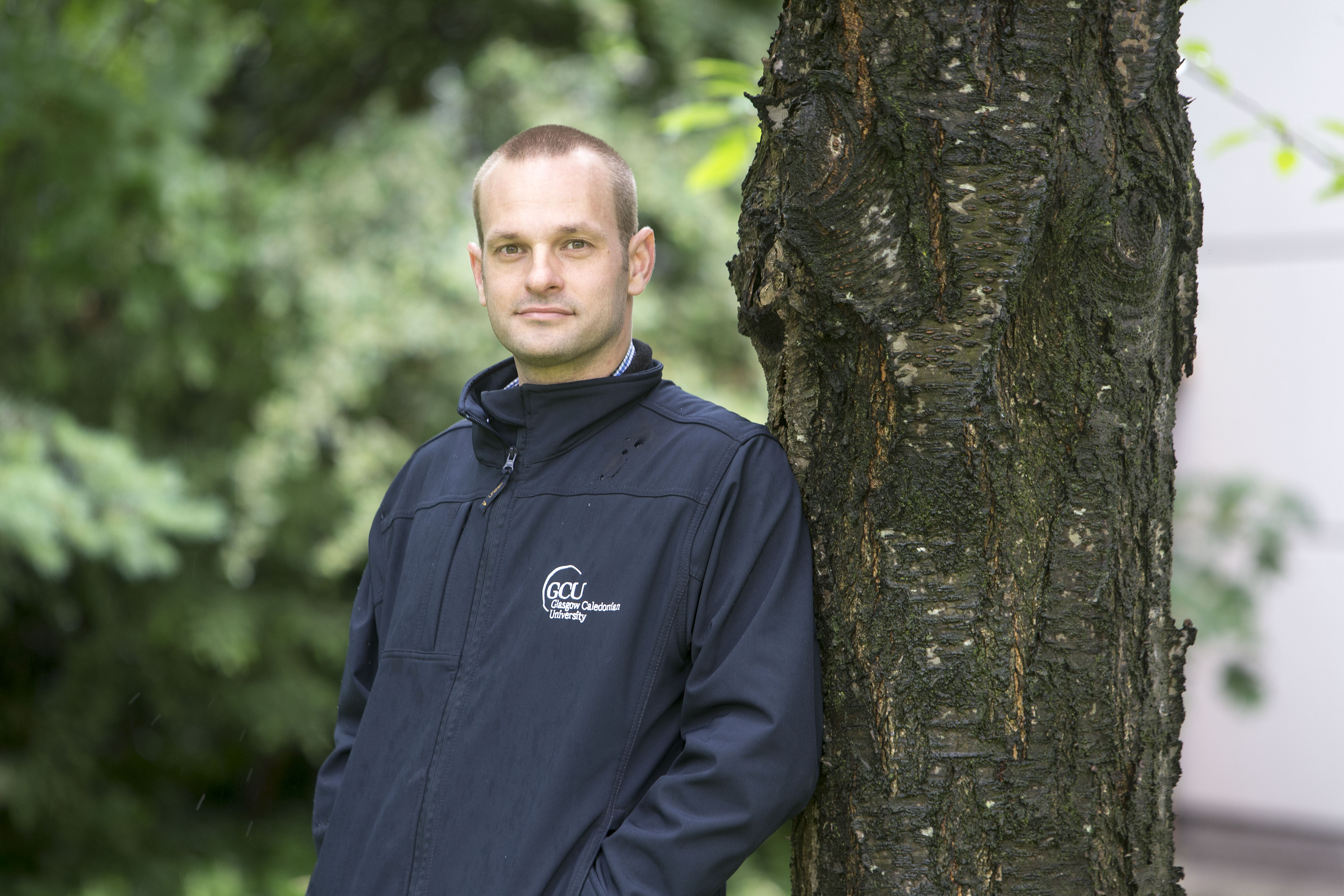Scientists are leading the way in cutting science waste and boosting sustainability in bio labs

The School of Health and Life Sciences (SHLS) Department of Biological and Biomedical Sciences’ sustainability champions Dr Gillian Hunter and Dr Yvonne Dempsie have found new sustainable ways to cut science waste in their research and teaching labs.
The researchers joined forces with the University's Sustainability Officer Paulo Cruz and students after receiving £4,617 from the University's Strategy for Learning 2030 Innovation Fund for their sustainable labs pilot project.
The funding was to help them align the teaching and research labs with the UCL LEAF (Laboratory Efficiency Assessment Framework) system, which provides calculators that enable monitoring of sustainability within labs and identify areas for improvement.
The research labs of the Department of Biological and Biomedical Sciences have been awarded a LEAF Initiative Bronze Sustainability Certificate and the team are working on achieving a Silver LEAF status for sustainability.
The Department is dedicated to improving sustainability and since the receiving the Bronze LEAF award, staff have embedded sustainability in their teaching practice so all students learn about the LEAF framework.
They have incorporated sustainability into teaching classes in a variety of ways, for example replacing single use plastic with washable glass. Honours project students in the Department consider sustainability as part of their projects and they incorporate a reflective paragraph on this topic in final theses. In addition to this, an Honours student project looked at attitudes towards sustainability and the results from this made clear its importance.
To encourage awareness of the topic further, the Department hosted a Sustainability Open Day, organised by Dr Boatemaa Ofori-Frimpong, where a number of bio lab suppliers came onto campus and demonstrated their sustainable products.
Drs Hunter and Dempsie have shared their departmental knowledge on developing sustainable laboratory practices at a number of conferences internally at a Research Centre for Health seminar and the Learning and Teaching event, and externally at the World Congress of Pharmacology 2023 and the Symposium on Sustainability Teaching in Higher Education in Manchester in April this year.
Dr Hunter said: "The bio team is committed to continuing our sustainability improvements and teaching our students about the importance of sustainability in their work and how laboratory practices impact on the environment.”
